Resources
Helpful Information
ABK Restoration Services has compiled a list of helpful tips and advice that can better prepare you to deal with emergency situations, mitigate loss and reduce or eliminate damage to your home, business or other property. These tips are based on our vast experience from the many years we have spent deeply entrenched in emergency restoration in Penticton, Summerland, Kelowna, Kamloops, Merritt, and West Kelowna areas.
Fire and water related disasters usually occur without warning, disrupting your home or business, and turning your life upside down. The good news is that prompt action after fire, smoke or water damage to your home or office can minimize long-term damage. In such emergencies, the first steps you take could mean the difference between a small cleanup and a more costly and time-consuming restoration. The following are helpful and important tips that will help you arrive at the best outcome, should you suffer the misfortune of unexpected damage to your home or business.
Water
Water Damage
- Remove as much water as possible by mopping and blotting.
- Do not use a regular vacuum cleaner to extract water.
- Place plastic bags, aluminum foil, or foam blocks under furniture legs to prevent dyes and wood stains from soaking into wet carpets.
- Lift books & magazines from wet carpets – Ink colors may run.
- Wipe water from wood furniture as soon as possible.
- Open boxes, musical cases, camera cases, and suitcases to promote drying.
- Turn off all electronic items and move to a dry location.
- Turn off lights and ceiling fans, if ceiling is wet.
- Poke small holes in wet sagging ceilings to relieve water pressure.
- Place buckets or towels underneath to catch drippings.
- Turn heat off or down low to control humidity and mildew process.
- Open windows to enhance drying. Air movement is key.

Fire
Fire Damage
Do
- Remove pets (especially birds) and plants to a clean environment, including changing water in fish tanks
- Provide alternate power sources to freezers and refrigerators. If this is not possible, or if electricity is off, empty freezers and refrigerators and prop doors open with a rolled up newspaper or towel to ventilate. It is preferable to turn off all electronic items and do not use again until they have been cleaned.
- Introduce fresh air to the contaminated environment by opening windows.
- Refrain from sitting on or placing anything on furniture, and limit foot traffic on carpeting until professionally cleaned.
- Do not attempt to clean walls, ceilings, unfinished wood, or other absorbent surfaces.
- Do not launder or dryclean garments that smell smoky, as it may cause smoke to stain or odour to set in.
- Wash plants with water on both sides of the leaves. Also, remove the top 1/2 to 1″ of soil.
- Vacuum or blow off loose smoke particles from upholstery, draperies, lampshades, carpets, etc.
- Do not try to wipe off as the particles may smear.
- Pour anti-freeze in toilet bowls, sinks and tubs to prevent freezing if the heat is off in the winter.
- Clean faucets, tub fittings, chrome bars, and trims on kitchen appliances.
- If the heating system is off in the winter, drain the heating system if applicable.
- If possible, do not operate furnace until ducting is cleaned, change filter immediately if it is necessary to have it on.
- Clean and protect bathroom faucets, tub fittings, chrome towel bars, and trims on kitchen appliances.
Do Not
- Use computers, appliances, TVs, VCRs or stereos until they have been cleaned and tested.
- Use food items that have been exposed to soot, or canned goods that have been subjected to excessive heat.
- Use upholstered sofas and chairs etc.
- Attempt to wash walls, ceilings, unsealed wood, bricks or other absorbent surfaces.
- Launder clothes or dry clean garments that have a strong smoke odour.
- Improper cleaning may set smoke or odours.
